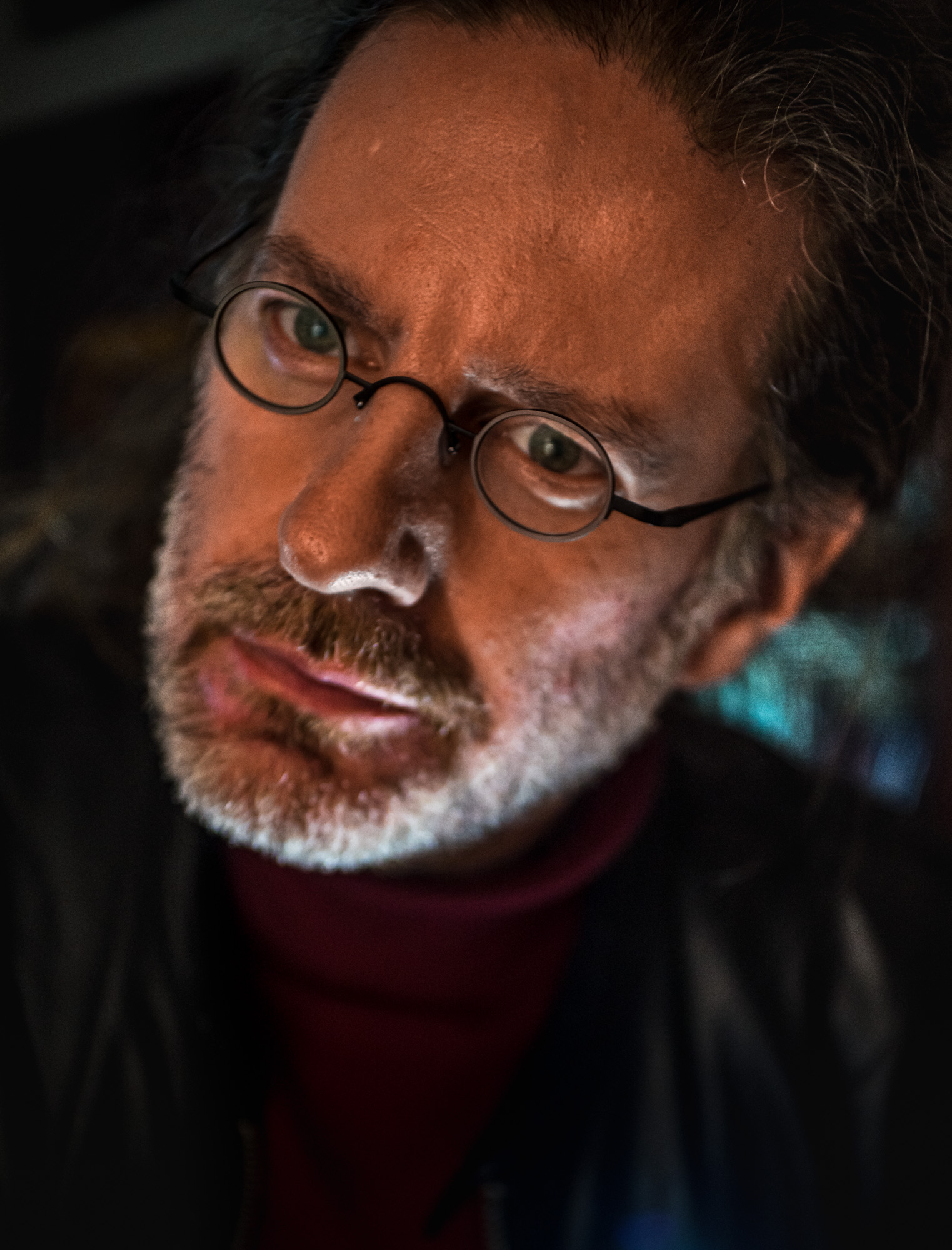Ali Mazrooe : "Life goes on"

Ali Mazrooei is 63. He is Iranian, a journalist, and has lived in Brussels since 2010.
A graduate of the University of Isfahan, member of the Association of Iranian Journalists (today dissolved), economic journalist for numerous opposition newspapers (all closed) including Salam, heavily involved in his country’s civil society – Ali takes a critical view of Iran.
In 2009, President Ahmadinejad was faced with an uprising of the population (the Green Movement) who contested his re-election following massive electoral fraud. He locked down the media, closed opposition publications one after the other, and threatened to subject journalists to the treatment that is sadly commonplace in countries that don’t allow a free, autonomous press: intimidation, violence, prison. To escape the repression, Ali and 200 other Iranian journalists had to flee their country.
He could have gone to Paris, Rome or Berlin. Ultimately, it was Brussels. “In Iran, thanks to the Association of Iranian Journalists, we had good contacts with the FIJ (International Federation of Journalists) who helped me and the other journalists when we had to leave the country. That’s how I found myself in Brussels.”
With his wife and two of his children, Ali began a new life. “When we arrived in Belgium, I thought we would stay for two or three years before returning to Iran.” Ten years later, Ali is under no illusions. “In light of the current situation, I can’t imagine going back there. I don’t know when we will be able to return.”
It’s been 10 years in which Ali, far from Tehran, has never stopped working. “I was a journalist, and I’m still one. I write for the web and I analyse my country’s situation. I still have contacts there, I read a lot, I keep myself informed.”
In the centre of Ali’s lounge is a lectern on which a laptop sits. The television is on, showing a Persian channel. The phone rings; Ali replies in his language. Having been so active in his own country, he admits to feeling a little isolated. “The hardest thing when you’re far from home is to make friends, a network, relationships, especially at my age. I don’t speak French or Dutch. I still have trouble integrating into Belgian society. I miss my family who are still in Iran.”
Two years ago, his mother died. Ali had tried to bring her to Brussels, but her visa application was refused by the Belgian authorities. Bitter, and with no illusions about the immediate future of his country, Ali tries to keep believing. “I tell myself that life goes on.”
Samuel Malhoure












